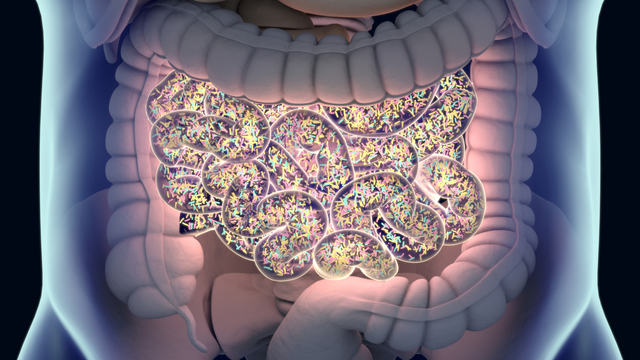 ISTOCK, CHRISCHRISW
ISTOCK, CHRISCHRISW
Environment plays a much greater role than host genetics in determining the composition of the human gut microbiome, according to a study published today (February 28) in Nature. And including microbiome characteristics when predicting people’s traits, such as cholesterol levels or obesity, makes those estimates more accurate than only personal history, such as diet, age, gender, and quality of life, the study finds.
“For years we’ve been constantly told . . . that the environment in the microbiome may play some role, but it’s kind of minor,” says Jack Gilbert, a microbiologist at the University of Chicago who was not involved in the study. “We now see that yes, genomics plays a minor role in shaping the microbiome. The fact that environment has a much ...













